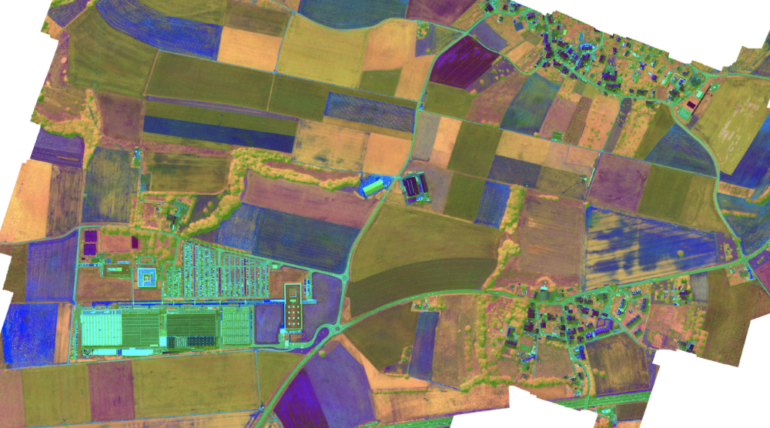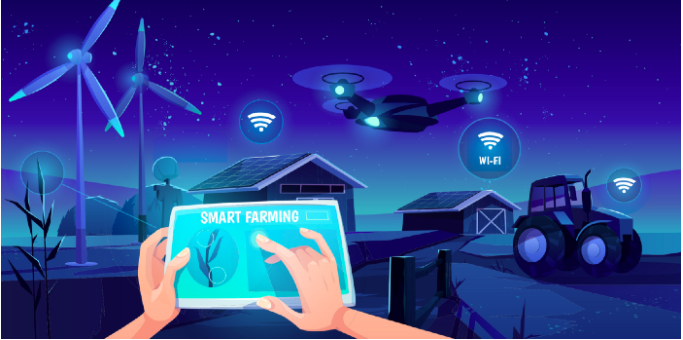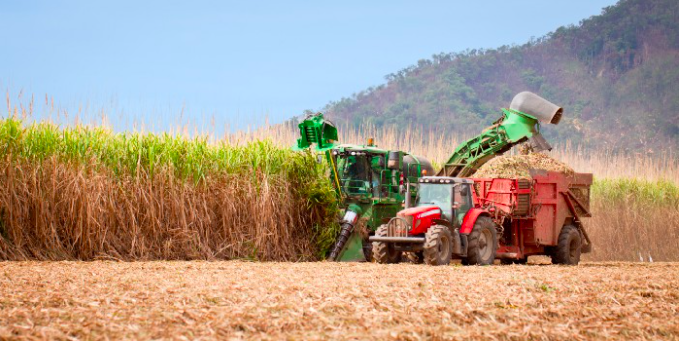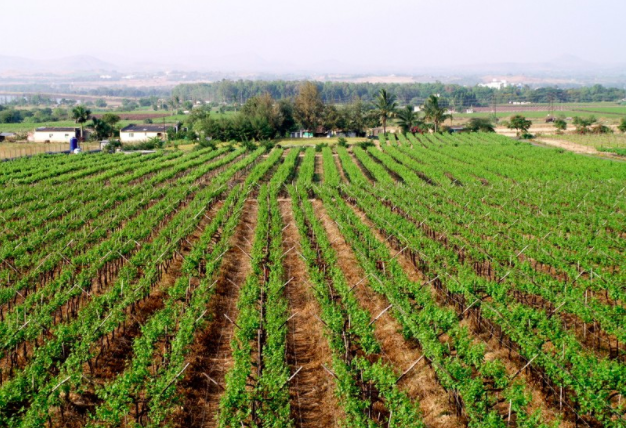In the last 15 years, the landscape has changed radically in Brazilian cane fields. Formerly stigmatized as unhealthy environments, in which temporary workers (the “boias-frias”) worked from sun to sun amid burned cane, they became a showcase for the mechanization of agriculture. In the 2007/2008 harvest, for example, manual harvesting was responsible for cutting no less than 75.6% of the sugarcane processed in Brazil. In the period 2019/2020, only 8.2% of production was harvested manually. According to a survey by the National Supply Company (Conab), around 5.5 thousand harvesters did almost all the work on almost 10 million hectares planted. Its sharp blades removed more than 670 million tons of cane from the field, according to IBGE,















